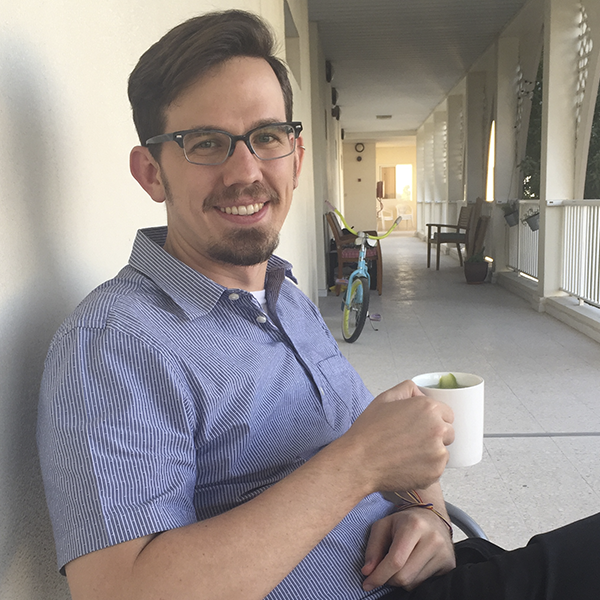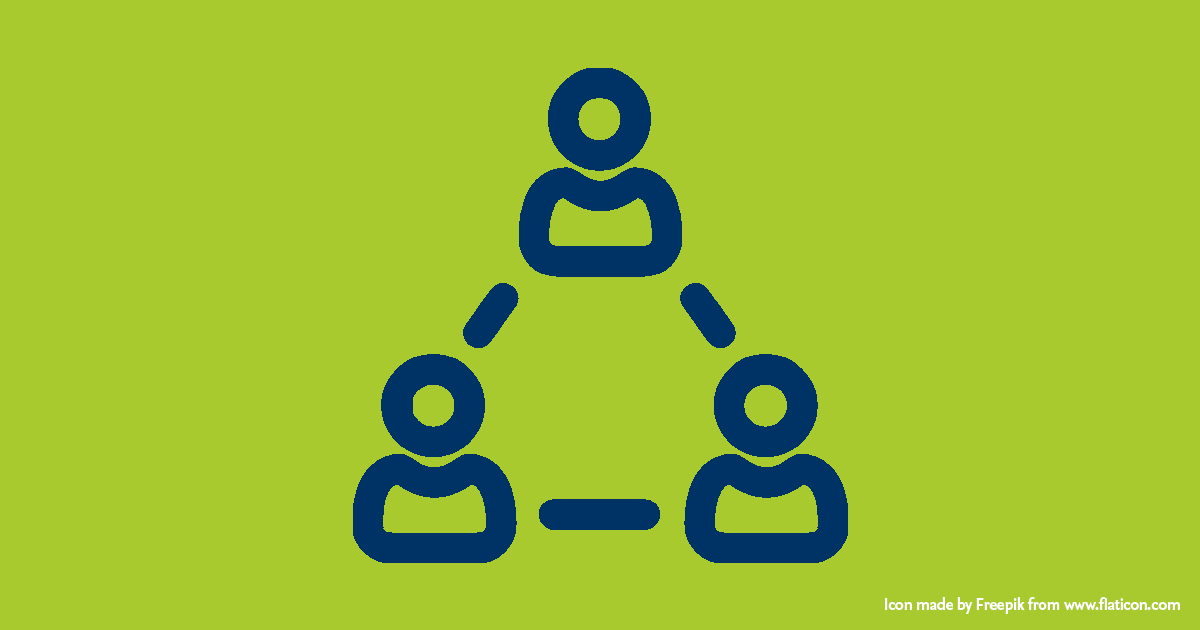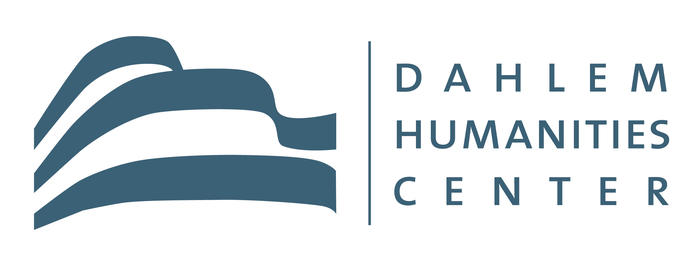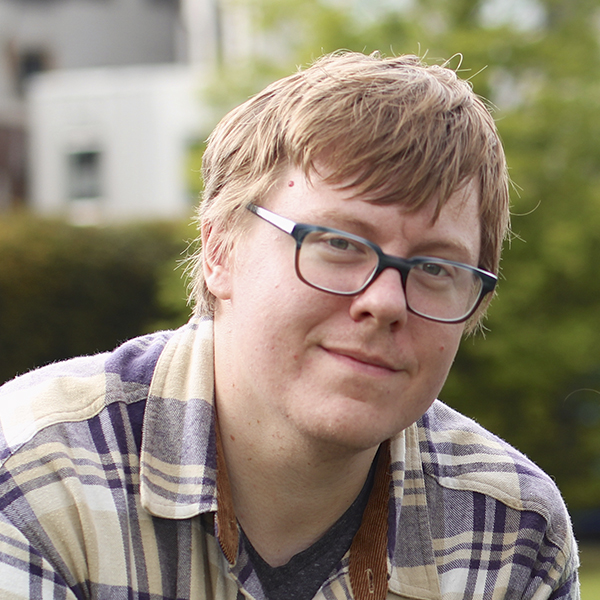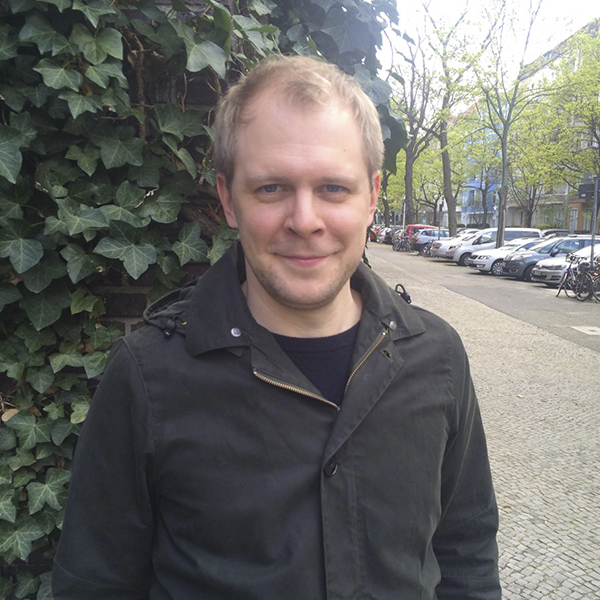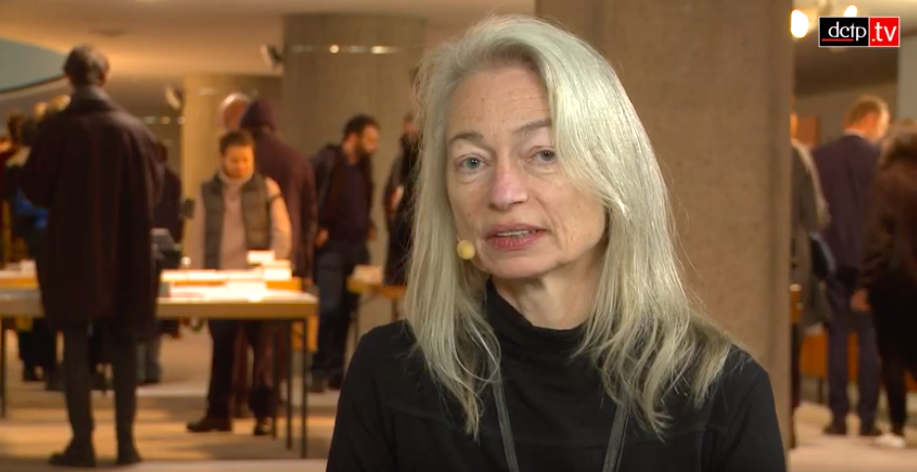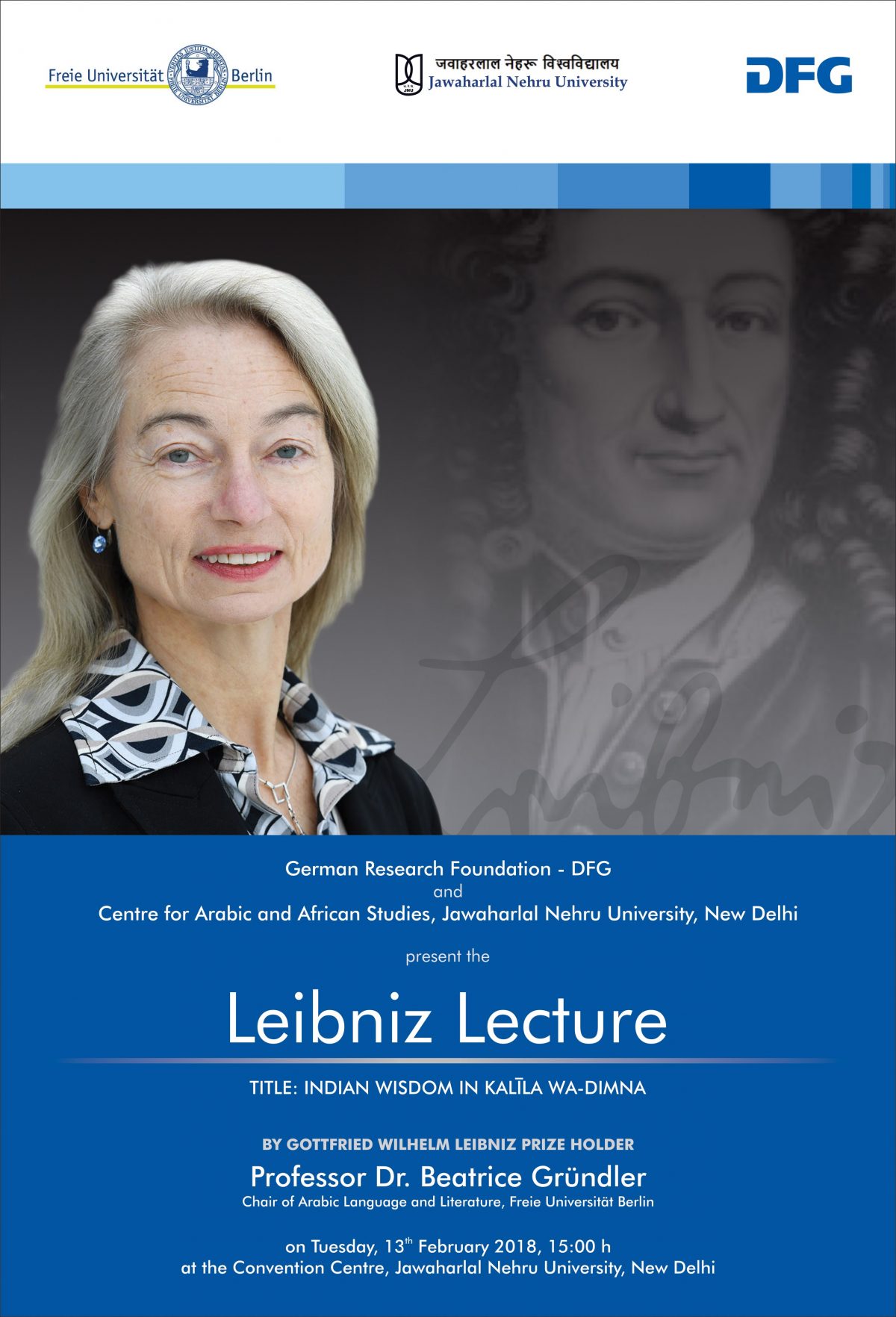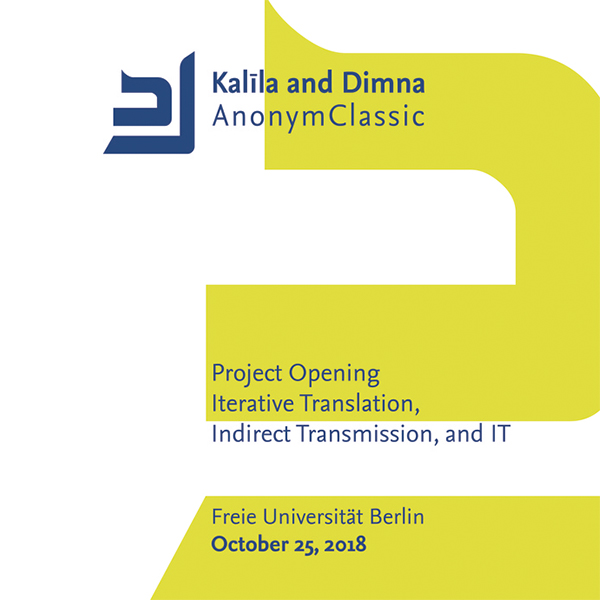After a general introduction to the project by Beatrice Gründler, the Principal Investigator of the project, Marcus Pöckelmann (Halle) presented the project’s editing tool LERA, which provides an interactive, synoptic display by which similarities and differences between multiple textual versions can be analysed. Developed in Halle, it will be adapted and further developed in the project. The morning session ended with a paper by Matthew Keegan (Berlin) on the “Hermeneutics of Fiction in Classic Arabic Literature” and its potential impact on the reception of Kalīla and Dimna. In the afternoon session, Florinda de Simini (Naples) first introduced the Indian background of this work, then followed by a group reading session of selected passages of the Mahabharata in translation. After that, Christine van Ruymbeke (Cambridge) presented the 11thcentury Persian version by Nasrollah Monshi of the “Cat and Rat” chapter, which was also followed by a comparative reading session. The event concluded with a keynote lecture by Dimitri Gutas (Yale, Einstein Visting Fellow) on “the Leaven of Translation in the Rise of Translation in the Rise of the Medieval West (of India),” in which he threw light on the socio-historical motivations of translation between different cultures.


